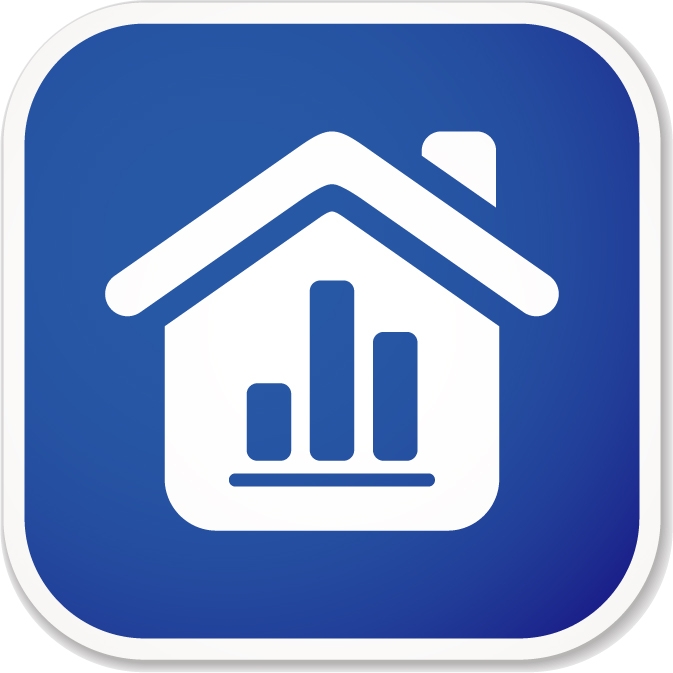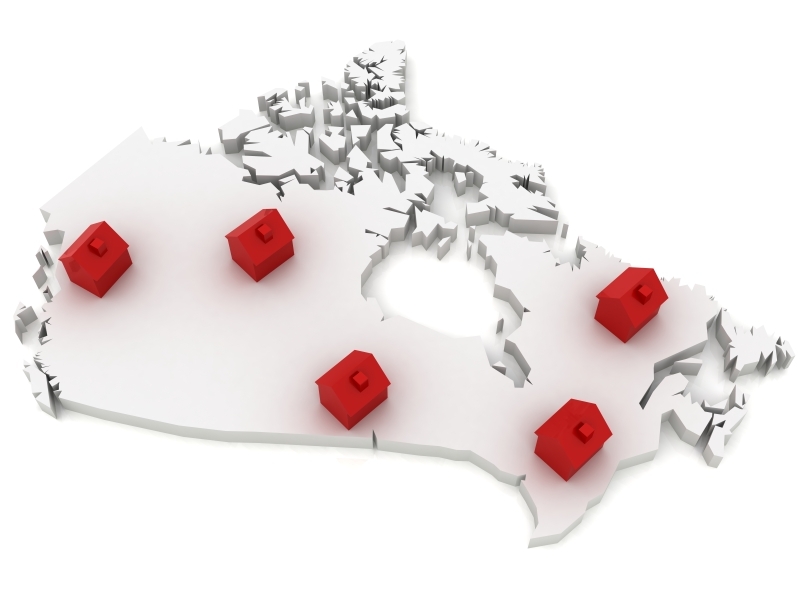Open or Closed? Do you know which option is right for you?
Closed mortgages provide lower interest rates than open mortgages. Nonetheless, open mortgages include a smaller amount of fees.
What is a Closed Mortgage?
Closed mortgages cannot be prepaid, renegotiated or refinanced prior to maturation without paying a penalty. The majority of closed mortgages do provide a little flexibility by allowing you to pay back the principle through lump sum payments, or by enhancing your monthly payment amount for your best mortgage rate.
When to Consider a Closed Mortgage
Given that closed mortgages have considerably lower interest rates, they are more appealing to the average homebuyer.
When NOT to Consider a Closed Mortgage
If you believe that you will need to break your mortgage early.
What is an Open Mortgage?
Open low mortgage rate terms vary from 6 months to 1 year for fixed rates, and 3 to 5 years for variable rates. They may be settled prior to maturation without penalty.
When to Consider an Open Mortgage
If you are anticipating to get a large amount of money, an open mortgage will offer you the flexibility to settle your loan sooner.
The Beauty of Prepayments with Closed Mortgages
The majority of closed mortgages allow prepayment options, consisting of: lump sum payments as much as a portion of your annual principal, or enhancing your regular monthly Canadian mortgage rate payment.
How Much Does a Closed Mortgage Penalty Cost?
If you do choose to break your closed mortgage prior to completion of your term, you could possibly pay a penalty. The penalty you pay is the higher of either:
- 3 months of interest
- Or the Interest Rate Differential (IRD): the difference between today’s interest rate and the rate you currently pay



